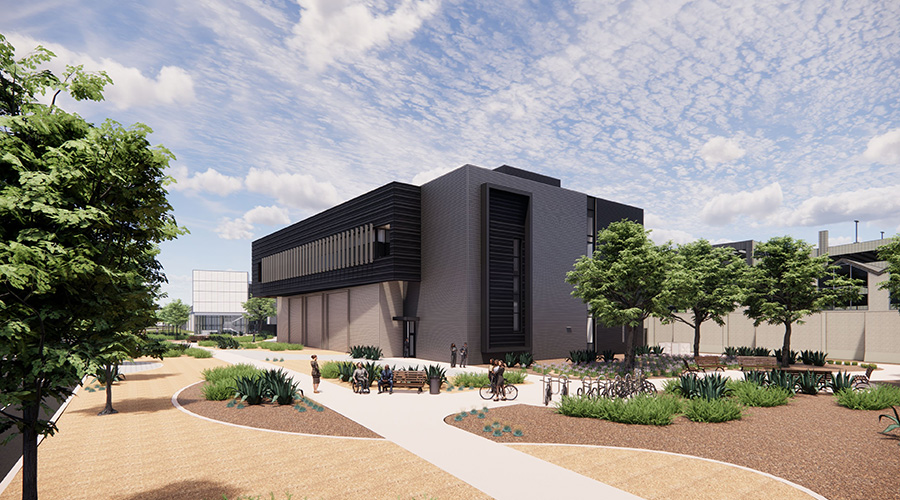As electric vehicle adoption continues to rise, healthcare facilities face increasing pressure to provide EV charging infrastructure for staff, patients, and visitors. However, beyond sustainability goals and convenience, what financial and regulatory incentives are available to make these projects viable?
In this manufacturer roundtable, Healthcare Facilities Today brought together leading EV charging manufacturers to explore the incentives healthcare facilities can leverage. The panel will discuss how these incentives impact the decision-making process, the challenges of implementation and what the future holds for EV charging in the healthcare sector.
What incentives are available for healthcare facilities to install EV charging stations?
“The US Department of Energy’s Alternative Fuels Data Center has a list of state laws and incentives for EVs, including business rebates. (https://afdc.energy.gov/laws/state.) Also, Group Purchasing Organizations, such as Vizient and Sourcewell, offer member organizations access to pre-vetted and pre-negotiated rates for EV charging stations.”
— Jenifer Yokley, chief marketing officer, Blink Charging
“In a strategic move to promote sustainable transportation, healthcare facilities across the nation are now becoming focal points for the installation of EV charging stations. Recognized for their pivotal role in community accessibility, these facilities are often eligible for substantial rebates, underscoring their significance in the green mobility ecosystem.
Healthcare properties, with their extensive operating hours and open-access parking lots, are ideally positioned to support 24/7/365 charging availability. This constant accessibility not only benefits the daily commuter but also ensures that emergency services and on-call staff have reliable access to charging infrastructure at all hours.
Moreover, most healthcare facilities are equipped with robust electrical systems capable of supporting the added demand of EV chargers. Each location, however, is meticulously assessed to meet rigorous power standards, ensuring that the infrastructure is both efficient and safe.
By incentivizing the integration of EV charging stations, healthcare facilities are set to play a crucial role in driving the adoption of electric vehicles, while also supporting the grid with manageable and sustainable energy consumption patterns.”
— Eli Braha, executive vice president, EVectriFi Technologies Inc.
Jeff Wardon, Jr., is the assistant editor of the facilities market.

 Grounding Healthcare Spaces in Hospitality Principles
Grounding Healthcare Spaces in Hospitality Principles UC Davis Health Selects Rudolph and Sletten for Central Utility Plant Expansion
UC Davis Health Selects Rudolph and Sletten for Central Utility Plant Expansion Cape Cod Healthcare Opens Upper 2 Floors of Edwin Barbey Patient Care Pavilion
Cape Cod Healthcare Opens Upper 2 Floors of Edwin Barbey Patient Care Pavilion Building Sustainable Healthcare for an Aging Population
Building Sustainable Healthcare for an Aging Population Froedtert ThedaCare Announces Opening of ThedaCare Medical Center-Oshkosh
Froedtert ThedaCare Announces Opening of ThedaCare Medical Center-Oshkosh